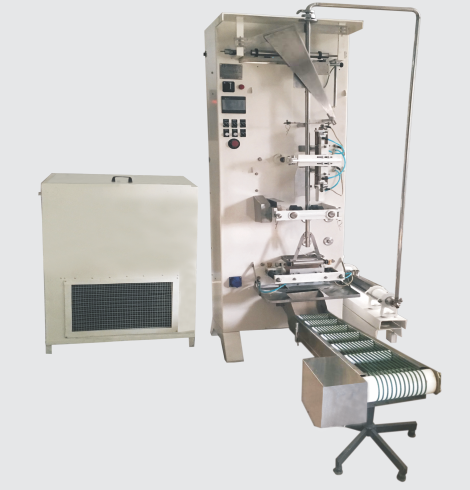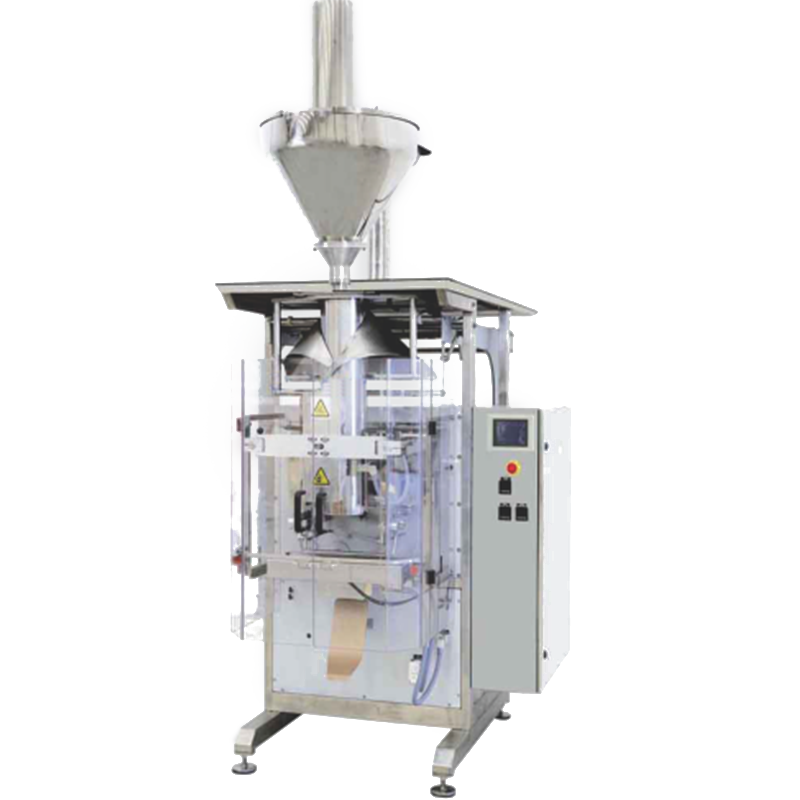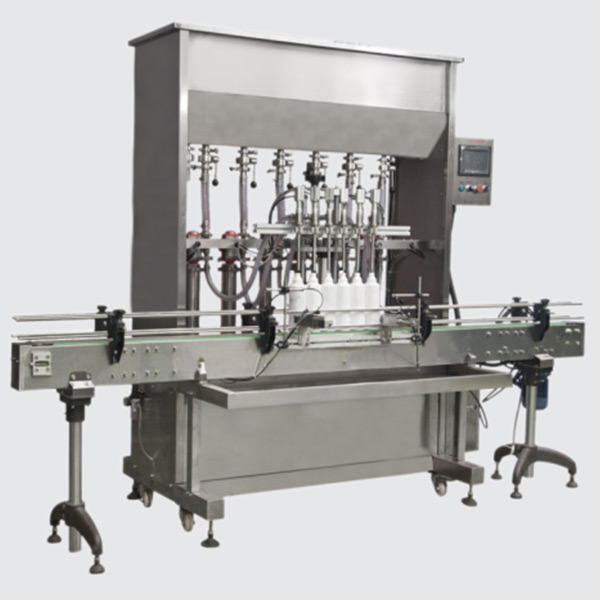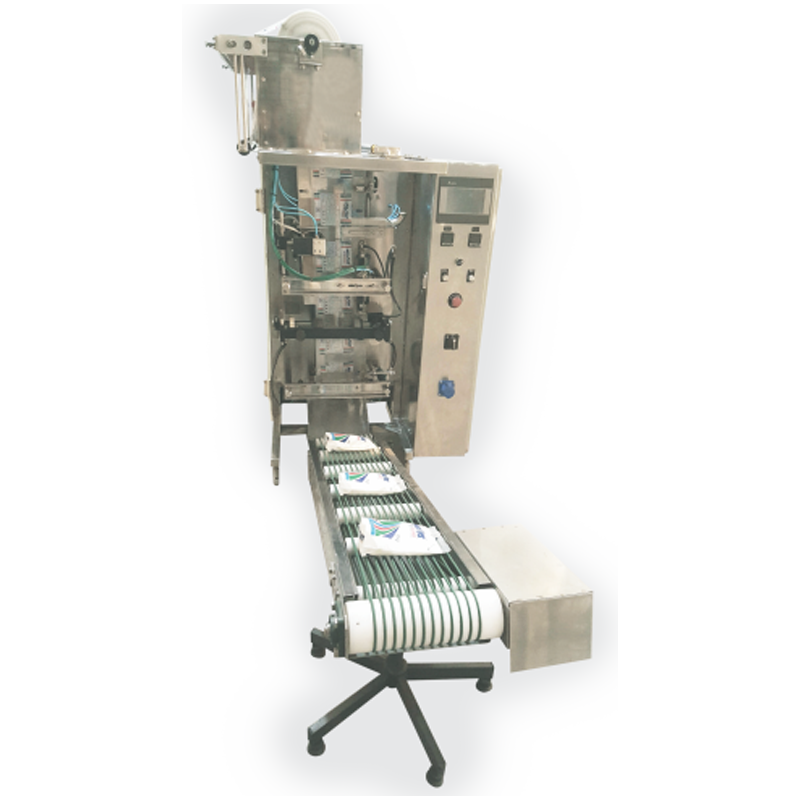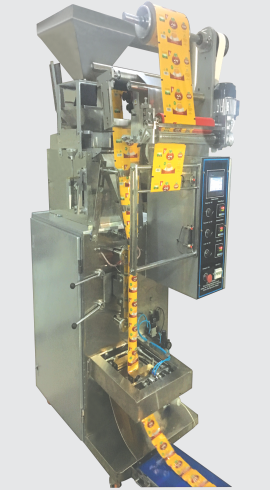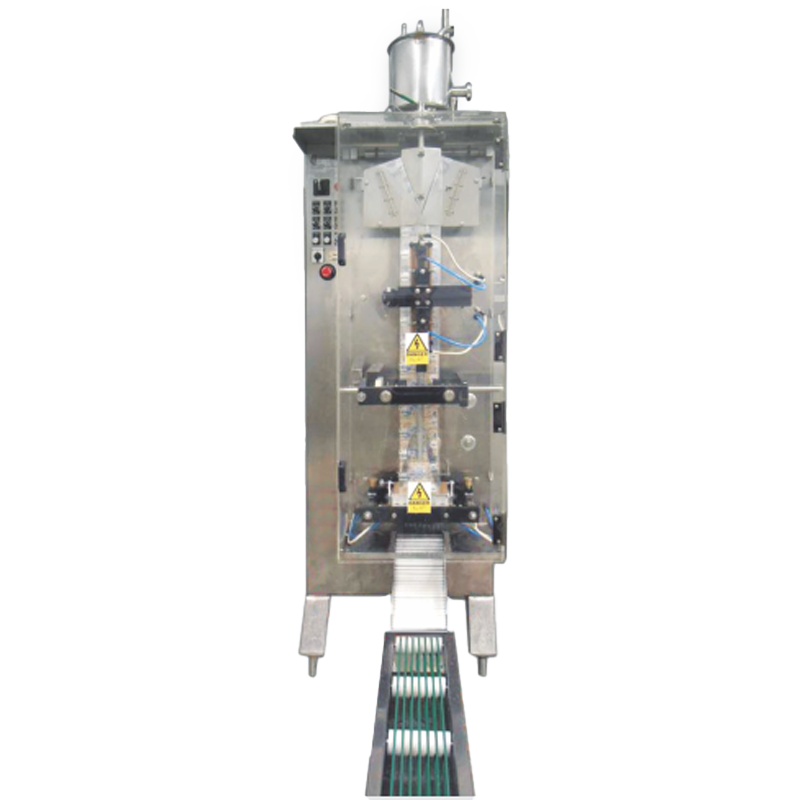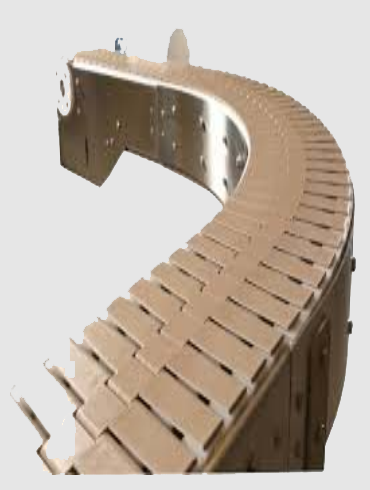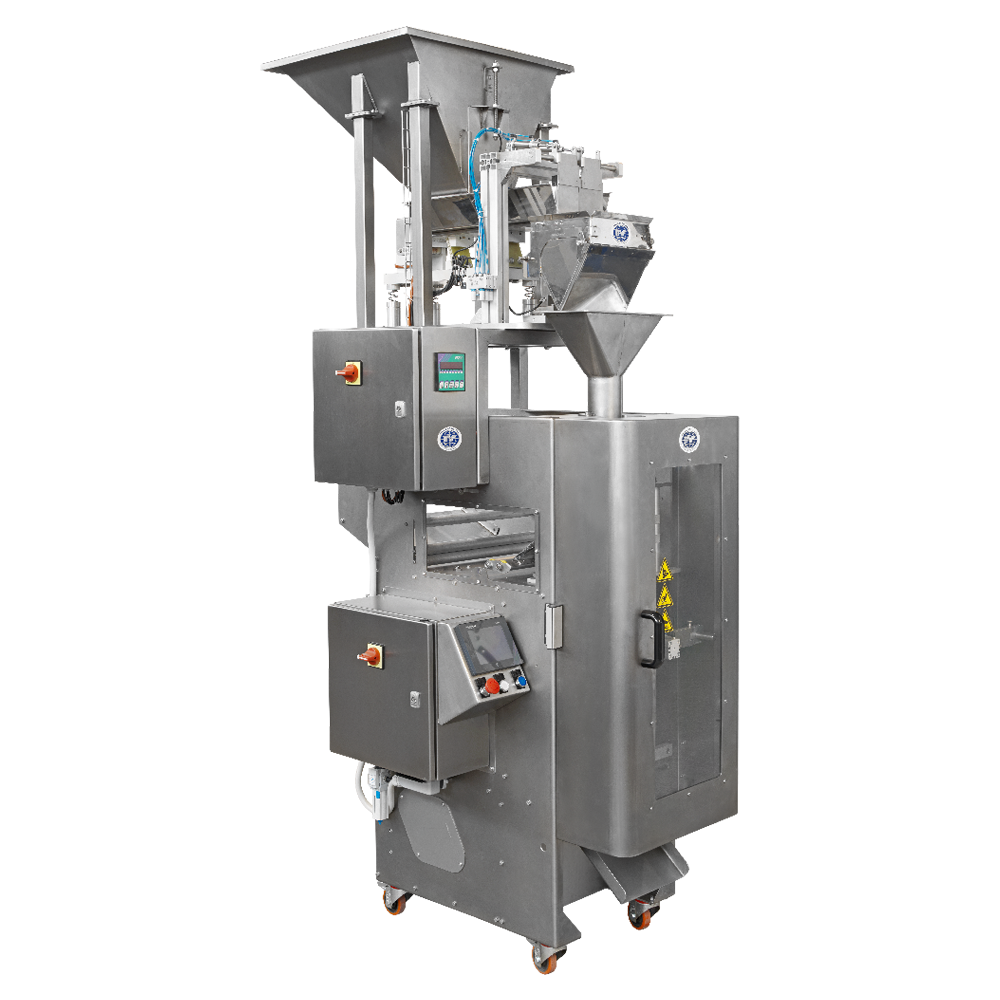Pakistan’s manufacturing industry has experienced significant growth in recent years, particularly in the packaging industry. Packing machines play a crucial role in this growth, automating and streamlining the packaging process, reducing labor costs, and enhancing productivity. In this article, we’ll explore the benefits of packing machines for manufacturers in Pakistan.
Section 1: The role of packing machines in manufacturing Packing machines are essential for streamlining the manufacturing process, particularly in industries such as food, pharmaceuticals, and consumer goods. They automate the packaging process, reducing the time and labor required to pack products. Packing machines also help to improve the quality of packaging, ensuring that products are packed consistently and accurately. This consistency is essential for maintaining the quality of products and reducing the risk of damage during shipping.
Section 2: Advantages of using packing machines The advantages of using packing machines are numerous, particularly for manufacturers in Pakistan. One significant advantage is the reduction in labor costs. By automating the packaging process, manufacturers can reduce the number of workers required to pack products, which can significantly reduce labor costs.
Another advantage of using packing machines is the improvement in productivity. Packing machines can pack products at a much faster rate than manual labor, allowing manufacturers to increase their output and meet higher demand. This increase in productivity can also help manufacturers to improve their profit margins, as they can produce more products with fewer resources.
Packing machines also help to reduce the risk of product damage during the packaging process. These machines use precise and consistent packing methods, which ensures that products are packed safely and securely. This reduces the risk of damage during shipping, which can be a significant cost for manufacturers.
Section 3: Types of packing machines There are several types of packing machines available in the market, each with its unique features and benefits. The most common types of packing machines include:
-
Filling machines – These machines are used to fill containers with products such as liquids, powders, and granules.
-
Sealing machines – These machines are used to seal packagings, such as bags, pouches, and cartons.
-
Labeling machines – These machines are used to label products accurately, ensuring that they are correctly identified and packaged.
-
Wrapping machines – These machines are used to wrap products, such as candies, chocolates, and biscuits.
Section 4: Key considerations when selecting packing machines When selecting packing machines, there are several key factors to consider, including:
-
Capacity – The capacity of the machine is an essential factor to consider when selecting packing machines. Manufacturers must choose machines that can handle their required output and meet their production needs.
-
Cost – The cost of packing machines can vary significantly, depending on the type and features of the machine. Manufacturers must consider their budget when selecting packing machines, ensuring that they can afford the machines they need.
-
Maintenance – Packing machines require regular maintenance to ensure they operate efficiently and effectively. Manufacturers must consider the maintenance requirements of each machine when selecting packing machines.
-
Training – Manufacturers must ensure that their workers are trained to operate the machines effectively and safely. This training can help to reduce the risk of accidents and ensure that the machines are used correctly.
Conclusion: Packing machines play a crucial role in the manufacturing process, particularly for manufacturers in Pakistan. They help to automate and streamline the packaging process, reduce labor costs, improve productivity, and reduce the risk of product damage. When selecting packing machines, manufacturers must consider several key factors, including capacity, cost, maintenance, and training, to ensure they choose the right machines for their needs. By investing in packing machines, manufacturers can improve their production capabilities, reduce costs, and enhance their competitiveness in the market.
